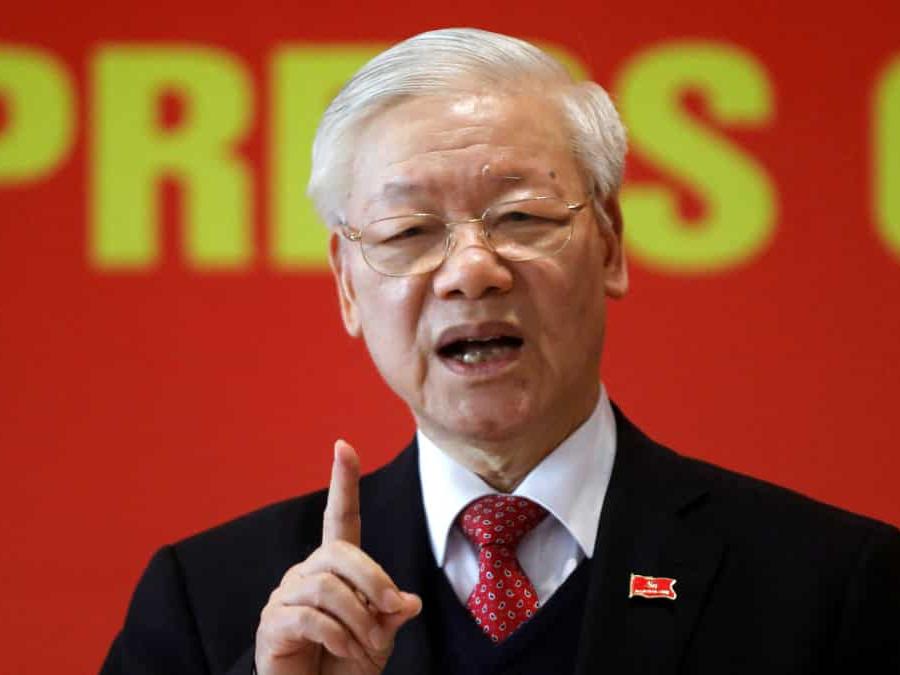Nguyen Phu Trong, the General Secretary of the Communist Party of Vietnam and the country’s most powerful leader since 2011, died on July 19, 2024, at the age of 80. According to the party’s statement, Trong passed away at 13:38 local time (06:38 GMT) in a military hospital in Hanoi due to advanced age and serious illness.Trong was known for his anti-corruption campaign, dubbed the ‘blazing furnace’, which led to the prosecution of over 4,400 people for more than 1,700 cases of corruption and fraud since 2021. This campaign resulted in the investigation and dismissal of hundreds of officials, including cabinet ministers, a parliament speaker, and two state presidents.President To Lam, 67, has taken over as acting party general secretary. The Communist Party will need to decide whether To Lam will continue in this role until the next Congress in 2026 or if they will elect a new candidate earlier. To Lam, a former police minister, was a key figure and beneficiary of Trong’s anti-corruption campaign.Trong’s tenure saw Vietnam experience rapid economic growth and a balancing of ties with China and the United States. However, his leadership was also criticized for human rights abuses and repression, with over 160 people reportedly held in prison for peacefully exercising their rights.The death of Trong has sparked concerns about a potential succession crisis and the future direction of Vietnam’s politics and foreign relations. Analysts expect that any successor is unlikely to deviate significantly from Trong’s policies, but there are concerns about a possible further deterioration of the country’s human rights situation under new leadership.
Key points
- Nguyen Phu Trong, Vietnam’s top Communist Party leader, died at 80, creating a power vacuum.
- President To Lam has taken over as acting party general secretary, with decisions pending on long-term leadership.
- Trong’s anti-corruption campaign prosecuted over 4,400 people, including high-ranking officials.
- Concerns arise about potential succession crisis and future direction of Vietnam’s politics.
Contradictions👾While Trong was credited with boosting Vietnam’s economy and balancing international relations, his tenure was also marked by increased authoritarianism and human rights concerns.


